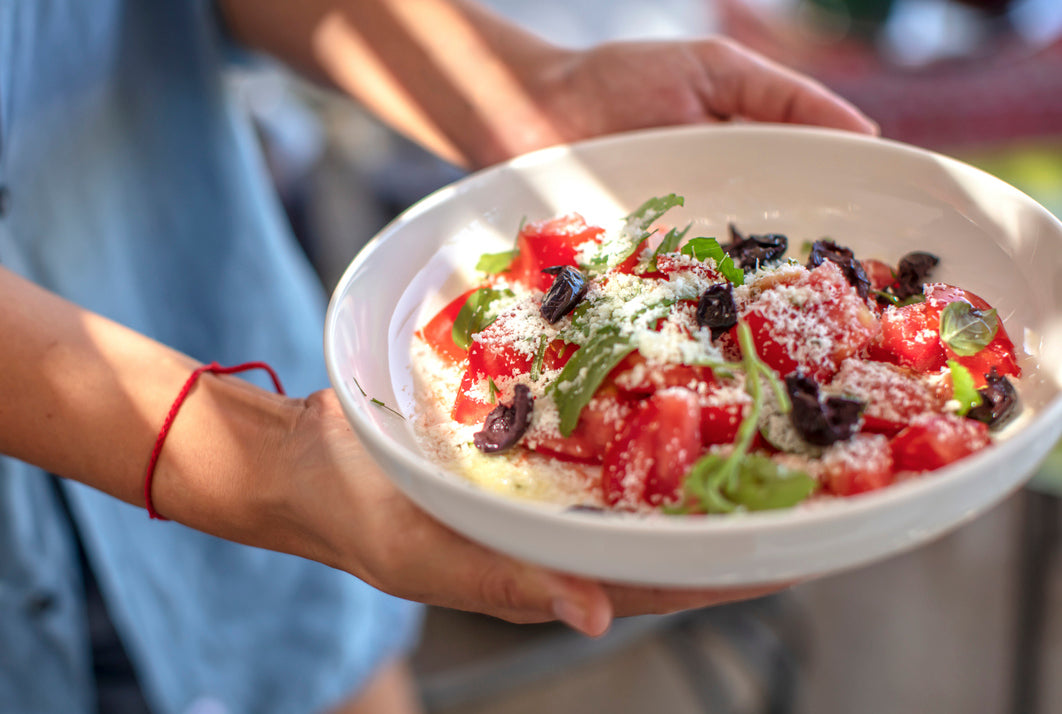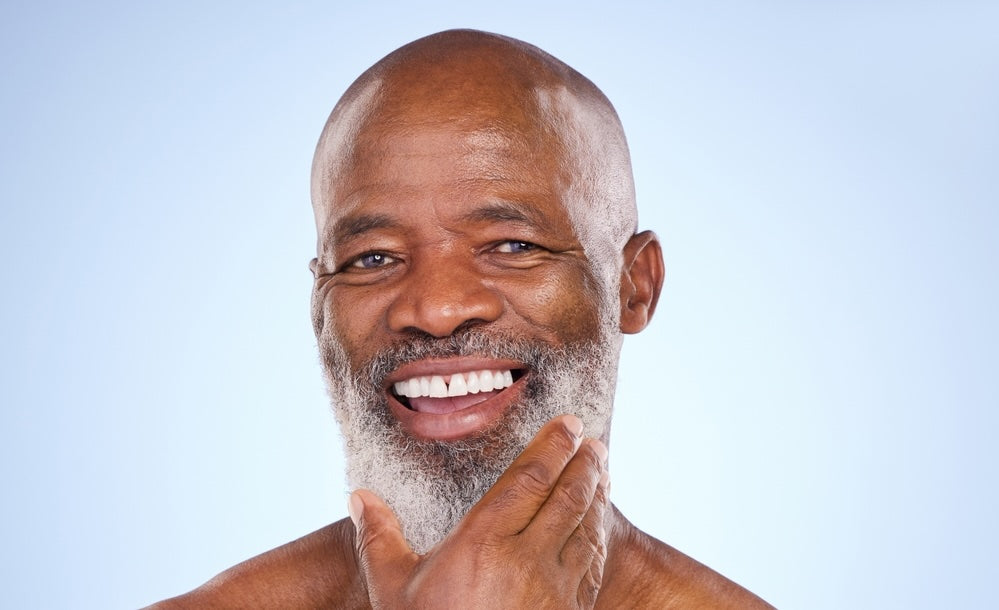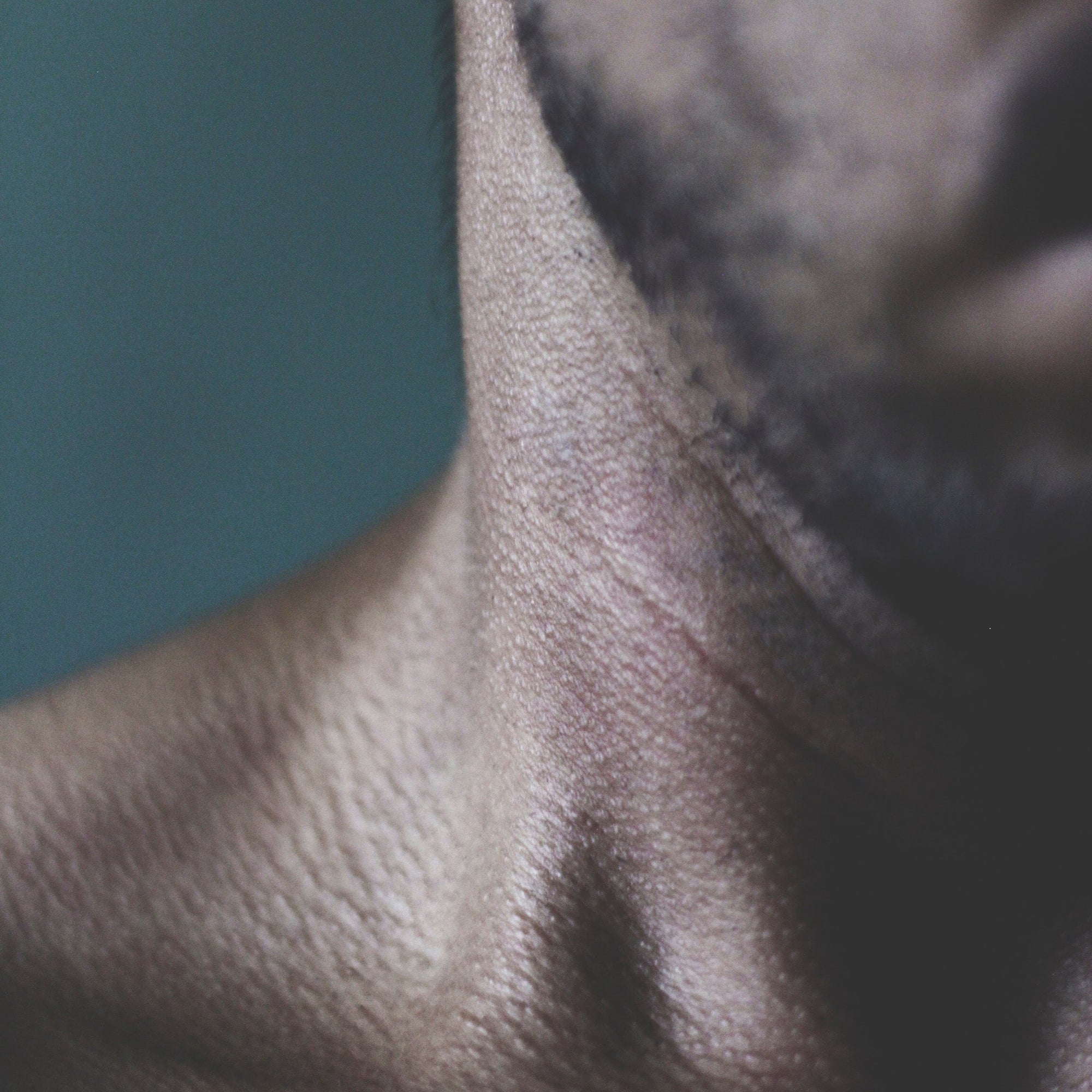It’s one of the healthiest diets in the world.
And, not surprisingly, the Mediterranean Diet contains all the correct nutrients for healthy hair growth.
Rich in antioxidants and anti-inflammatory, the Mediterranean diet is full of the micronutrient components that stimulate hair growth - and reduce hair loss.
With studies showing that those who follow this type of diet have less risk of alopecia.

Every human head contains around 100,000 hair follicles. And at any one time 90% of them are in the ‘anagen’, or growth, phase.
How Does Diet Impact Hair Growth?
To encourage healthy hair growth during this phase the follicles need oxygen, protein, vitamins, minerals and vital fatty acids.
Research has found that not only do certain nutrients play a direct role in promoting strong, healthy hair growth - they can also reduce hair loss too.
What Does Hair Need To Grow?
Hair grows best when you follow a diet that is high in anti-inflammatory foods.
These include foods rich in omega-3 fatty acids (salmon, mackerel and other oily fish) also vitamin E, berries, nuts like walnuts, olive oil, avocados and green tea.
Protein is also essential for hair growth, along with vitamin D and Zinc.
We’ve got more about the best nutrition for healthy hair here:
The Mediterranean diet is naturally full of all these nutrients that are so essential for strong, healthy hair growth.
What is the Mediterranean Diet?
It’s among the healthiest nutrition models in the world. And represents the typical diet in Southern Italy and Greece.
The Mediterranean Diet is generally full of vegetables, fruits, legumes, nuts, grains and fish.
So it’s high in unsaturated fats, fiber, antioxidants, and omega-3 fatty acids.
And low in saturated fat and animal protein - with only small amounts of meat and dairy products included.

To copy the Mediterranean Diet stick to:
Daily servings of:
- Wholegrains, legumes, beans and nuts
- Fruit and Vegetables
- Olive Oil
A few times per week:
- Fish and Seafood
Once or twice a week:
- Eggs, Cheese, Poultry and Yoghurt
Monthly (or in very small amounts)
- Red Meat, Sugar and sweets
Why It Works for Hair Growth and Reduces Hair Loss
The Mediterranean Diet typically contains phytochemicals that promote hair development by causing growth hormones to be secreted.
At the same time, other components of the diet can block the release of the chemicals which are the basic mechanisms of hair loss.
What Are the Health Benefits of a Mediterranean Diet?
The Mediterranean Diet has also been linked to a lower risk of coronary artery disease. With several studies showing that it is effective in preventing diabetes, obesity, and even some types of cancer.
The Mediterranean Diet is associated with two of the world’s Blue Zones - Ogliastra, Sardinia (Italy) and Icaria (Greece).
The Blue Zones are five regions of the world that have a high concentration of people who live to be over 100 years old.
And where people benefit from better cardiovascular, metabolic, and overall health outcomes.
We’ve got more on the healthy habits of the people who live in these zones here:
Other Things That Are Needed for Healthy hair Growth
Nutrition and genetics play a big part in encouraging healthy hair growth, but you also need to consider other aspects of your health. So:
- Take regular exercise - to stimulate your blood circulation to the scalp – and reduce stress
- Stop smoking – for many reasons but also smoking damages the hair root causing hair fall out. It also dries out your hair increasing the risk of breakage.
and follow a good hair care routine.

The Takeaway
The Mediterranean diet is one of the healthiest diets in the world.
It’s a balanced, varied diet that contains all the correct nutrients for your hair to grow string and healthy.
Rich in antioxidants and anti-inflammatory, the Mediterranean diet is full of the micronutrient components that stimulate hair growth – as well as reduce hair loss.
References
Fortes C, Mastroeni S, Mannooranparampil T, Abeni D, Panebianco A. Mediterranean diet: fresh herbs and fresh vegetables decrease the risk of Androgenetic Alopecia in males. Arch Dermatol Res. 2018 Jan;310(1):71-76. doi: 10.1007/s00403-017-1799-z. Epub 2017 Nov 27. PMID: 29181579.
Rajput RJ. Influence of Nutrition, Food Supplements and Lifestyle in Hair Disorders. Indian Dermatol Online J. 2022 Oct 21;13(6):721-724. doi: 10.4103/idoj.idoj_175_22. PMID: 36386748; PMCID: PMC9650738.
Gokce N, Basgoz N, Kenanoglu S, Akalin H, Ozkul Y, Ergoren MC, Beccari T, Bertelli M, Dundar M. An overview of the genetic aspects of hair loss and its connection with nutrition. J Prev Med Hyg. 2022 Oct 17;63(2 Suppl 3):E228-E238. doi: 10.15167/2421-4248/jpmh2022.63.2S3.2765. PMID: 36479473; PMCID: PMC9710406.


